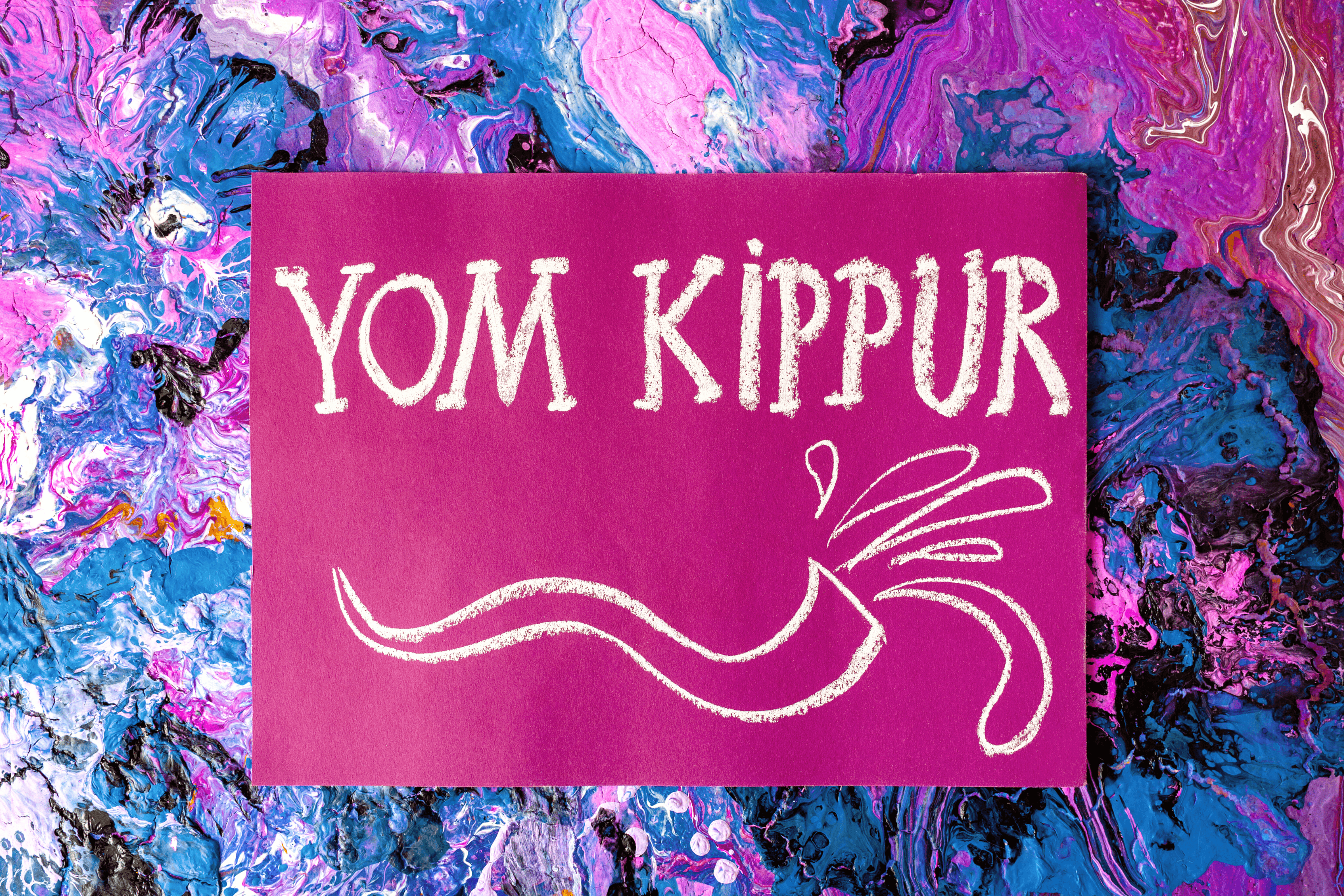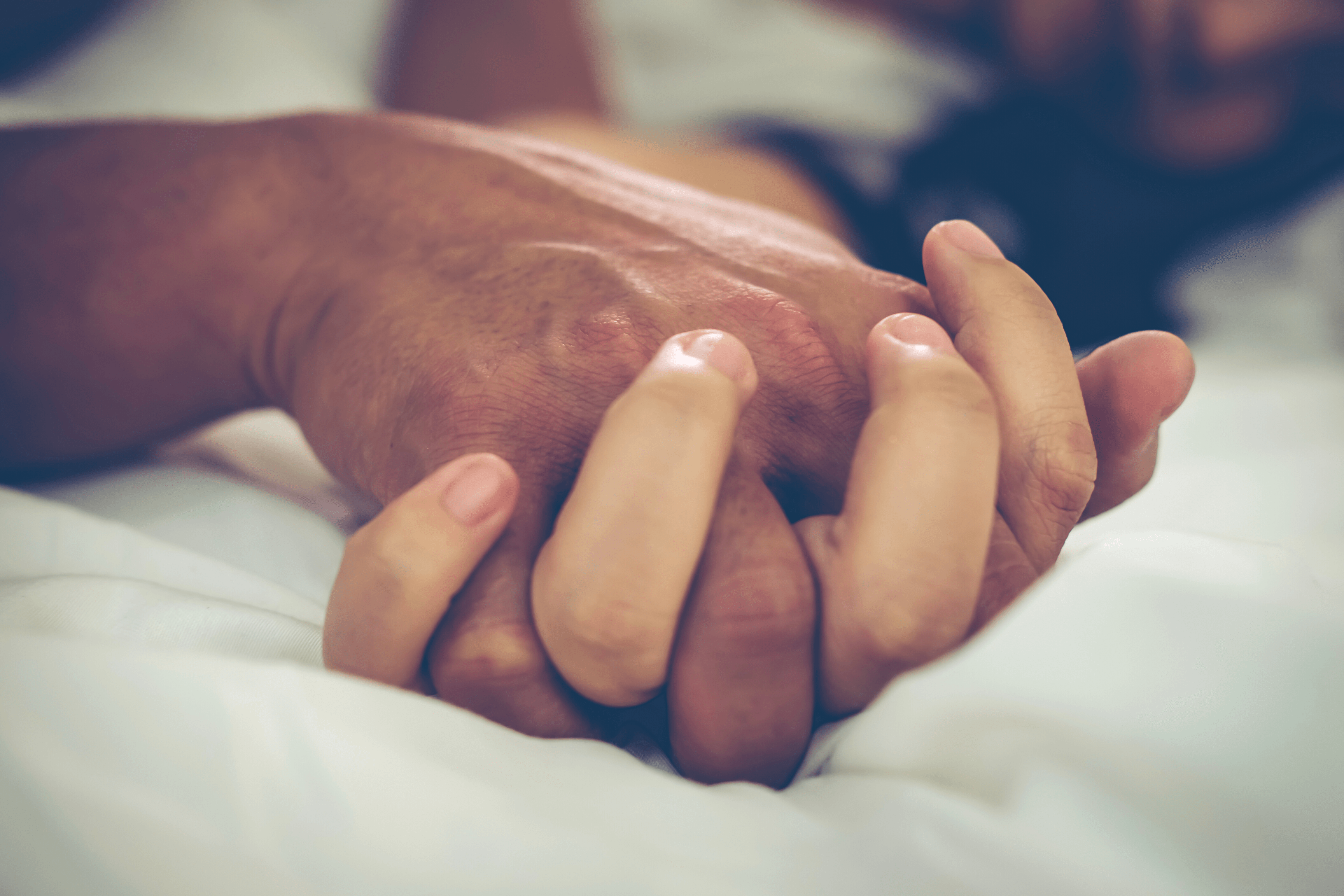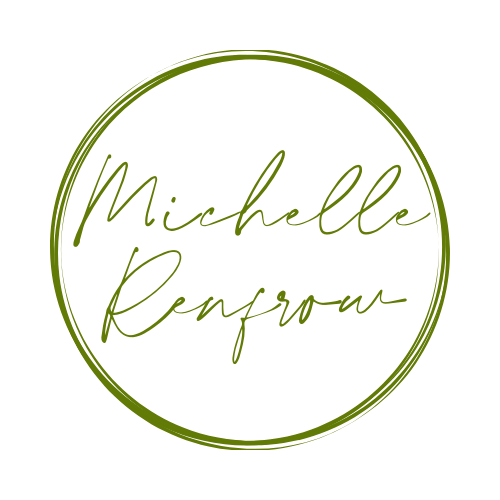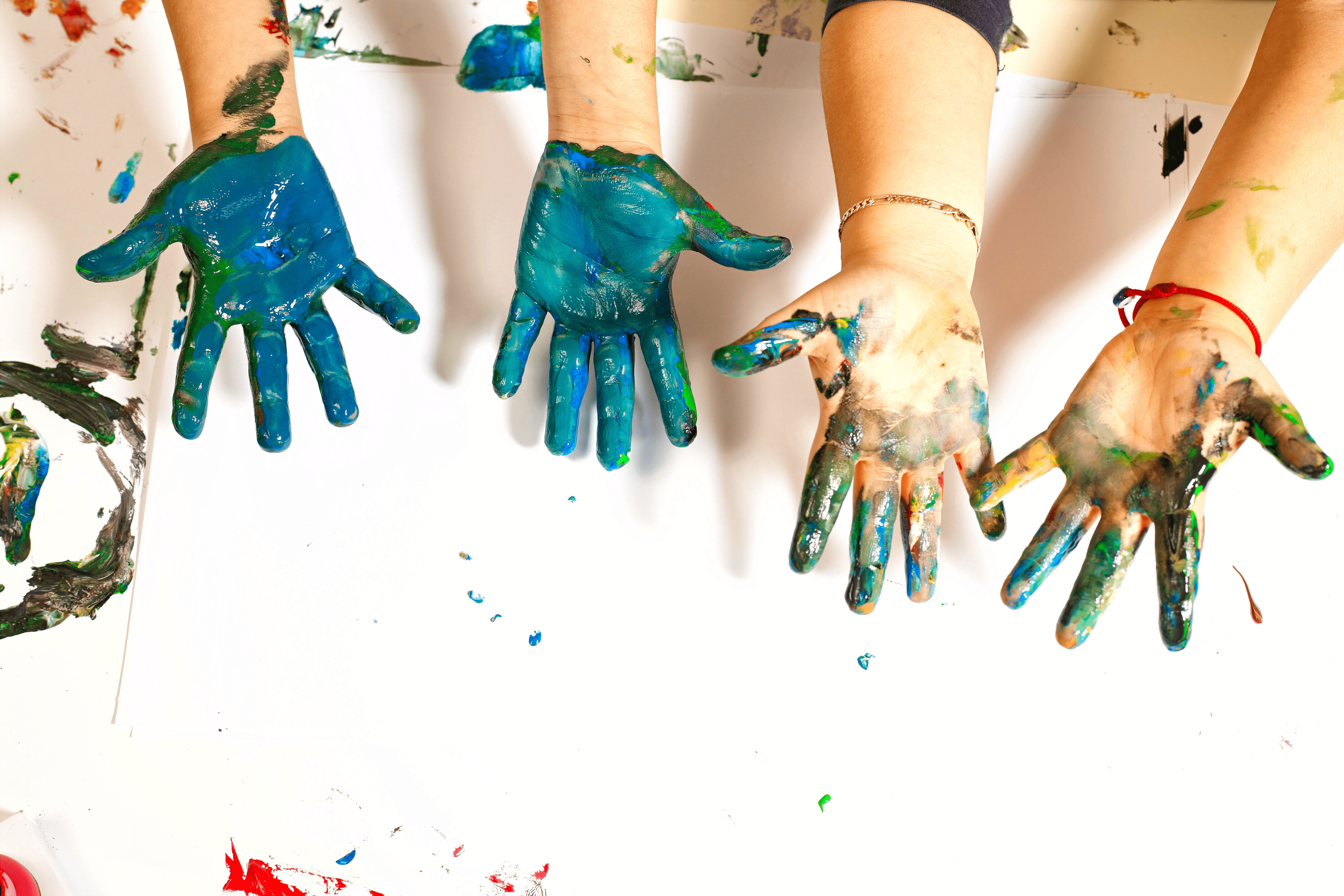
Yom Kippur is one of our major Jewish holidays! Being raised Jewish in a very SMALL synagogue near San Francisco I got a front seat view of all the experiences and practices involved in my faith. I have ALWAYS loved honoring the deep traditions and the values I have been taught. When lighting the Chanukah candles on my grandmother’s menorah it makes me think about how many family members and generations who have lit the same menorah as me for decades before myself.
Yom Kippur is the holiest day of the year. It literally means “Day of Atonement” Leviticus 16:30 says, “For on this day He will forgive you, to purify you, that you be cleansed from all your sins before G‑d.” Every year Jews from all over the globe come together to forgive and ask forgiveness of those we have wronged. For me, as a kid, it was hard to grasp this concept past being mean to my little brother or my parents. I didn’t have a vast list of those I had wronged or who had let me down to be making a list of.

Yom Kippur is the Day of Atonement and Completes the Days of Awe
A favorite famous Jewish woman of mine is Mayim Bialik. She’s a bad a** and does some super cute videos about anything and everything. In this video she is outlining Yom Kippur and all the things you need to know, plus it’s super snarky while being informative.
Yom Kippur completes the “Days of Awe”, also known as the “Ten Days of Repentance” that began on Rosh Hashanah. While G-d sat in judgment 10 days earlier, Jewish tradition tells us that He seals the world’s fate on Yom Kippur.
Yom Kippur is a solemn day of prayer on which Jews are commanded to fast from sunset the evening before until nightfall the next day. Observant Jews do not eat or drink anything for that 25 hour period and spend almost all of the waking hours in Synagogue praying.
When explaining it to children, britannica.com has a good write up, “Yom Kippur is the holiest day in Judaism. It is a day marked by prayer and fasting. Yom Kippur is observed on the 10th day of the Jewish calendar month Tishri. The holiday usually occurs in September or October.
In English, Yom Kippur is known as the Day of Atonement. The holiday’s purpose is to purify the individual and community. On Yom Kippur Jews are forgiven for their sins against God. They also ask for forgiveness from people they have wronged. No work can be performed on this day. The day is generally spent in the synagogue, the Jewish house of worship.
Jews believe that on the 10th of Tishri, Moses came down from Mount Sinai with the second set of tablets of the Ten Commandments. This event happened 40 days after the Israelites (the Jewish people) committed the sin of worshiping a golden calf instead of praying to God. Moses told the Israelites that they were forgiven. Since this time, the day has been observed as Yom Kippur.”
Five Unique Guidelines which Might Be “Things That Make You Go Hmmmm?”
There are some guidelines for honoring Yom Kippur that seem strange at first glance.
No eating or drinking! Time magazine outlines the no eating rule as such, “Yom Kippur is characterized by a 25-hour fast. The timing of this fast differs from fasting during the Muslim month of Ramadan, when food can be consumed after sundown each night and before sunrise each day.
For Yom Kippur, which only occurs for one day, the fast is observed from sundown to sundown. By extending the holiday for an extra hour, those observing can be sure that the fast aligns properly with the date.
The fast occurs as part of the somber mood of the day of repentance. However, as with all Jewish holidays marked by a fast (there are six in total), those with medical conditions are not expected to put themselves in danger by fasting.
“The same Torah which commands us to fast on Yom Kippur tells us that guarding our health is far more important than fasting on this holy day,” Chabad says.”
No bathing!
My Jewish learning outlines why we don’t practice hygiene on YK because, “Many people would never dream of going to synagogue without showering or brushing teeth. But on Yom Kippur, many Jews choose to abstain from these and a few other hygiene practices.
Yom Kippur is a fast day — Jews, with some exceptions, do not eat or drink. Since it’s easy to swallow a bit of water or toothpaste when brushing one’s teeth, many skip that too. Moreover, Jews are discouraged from washing or showering on Yom Kippur, since it’s a day to focus on internal cleanliness — not external appearance.
For similar reasons, using creams or lotions is also frowned upon as they are seen as pleasurable physical acts that contradict the fasting and asceticism of Yom Kippur. Some rabbis hold that spray-on deodorants are acceptable if absolutely necessary, but that gels and creams should be avoided regardless.
The point of all these practices is not to promote uncleanliness, but to enable those observing the holiday to stay focused on something greater than their personal comfort and convenience.”
No moisturizing the body with lotion or oil!
Refinery29.com says, “In addition to forgoing food and drink for the day, people are encouraged to abstain from bathing, too (hand-washing is allowed, thank goodness), and to forgo perfumes and lotions.
Though skipping a shower may seem different from going without breakfast and lunch, these gestures demonstrate the same desire to avoid all forms of indulgence and worldly pleasures while atoning.”
No sexual relations!
In an LA times online article, it delves into this one as a way of finding spiritual enlightenment, “On one level, these ascetic rules are “to teach us to pay no attention to the body,” said Yakov Latowicz, a Hasidic rabbi at the Chabad of Ventura Jewish Community Center.
“Yom Kippur is a day to move away from the physical world and turn inward. It’s a day for the soul, when God is close to you. Abstaining from the pleasures of food and sex can help you transcend into a more spiritual place.”



No wearing of leather shoes!
18doors.org explains the no leather rule on this one. “One tradition is to refrain from wearing anything made out of leather on Yom Kippur. Why? Because at the time this tradition was established, only the well-off could afford clothes and shoes of leather, and so wearing leather was seen as an act of showing off.
Since the purpose of the High Holy Days is to encourage humility, self-examination and self-improvement, Jews of an earlier era decided that leather (and other symbols of wealth and privilege) shouldn’t be worn on this particular day.
If you happen to wear leather to synagogue, don’t worry about it. Not everyone observes these practices, and it’s OK if you don’t. But if you happen to notice people wearing dressy clothes with canvas sneakers that don’t match, now you’ll know why.”
Yom Kippur Can Be An Inspirational Time To Cleanse Your Soul
The LA TIMES article goes on to state that, ““All these [practices] add up to what inspires us,” said Rabbi Yitzchak Sapochkinsky, another Hasidic rabbi of the Chabad of Westlake Village.
“Let’s face it: Do I really think that if I don’t eat apples and honey [on Rosh Hashana] I won’t have a sweet year, or if I don’t follow these other [rituals] something bad will happen? No. But it’s these little things that [help] remind us it’s a specific season.”
Ultimately however you observe or if you know someone who does celebrate with fasting and other guidelines, you might be “hangry” (hungry angry), impatient and have other feelings. It’s all a part of the process of honoring the holiday and what it means to our spiritual soul’s cleansing.


